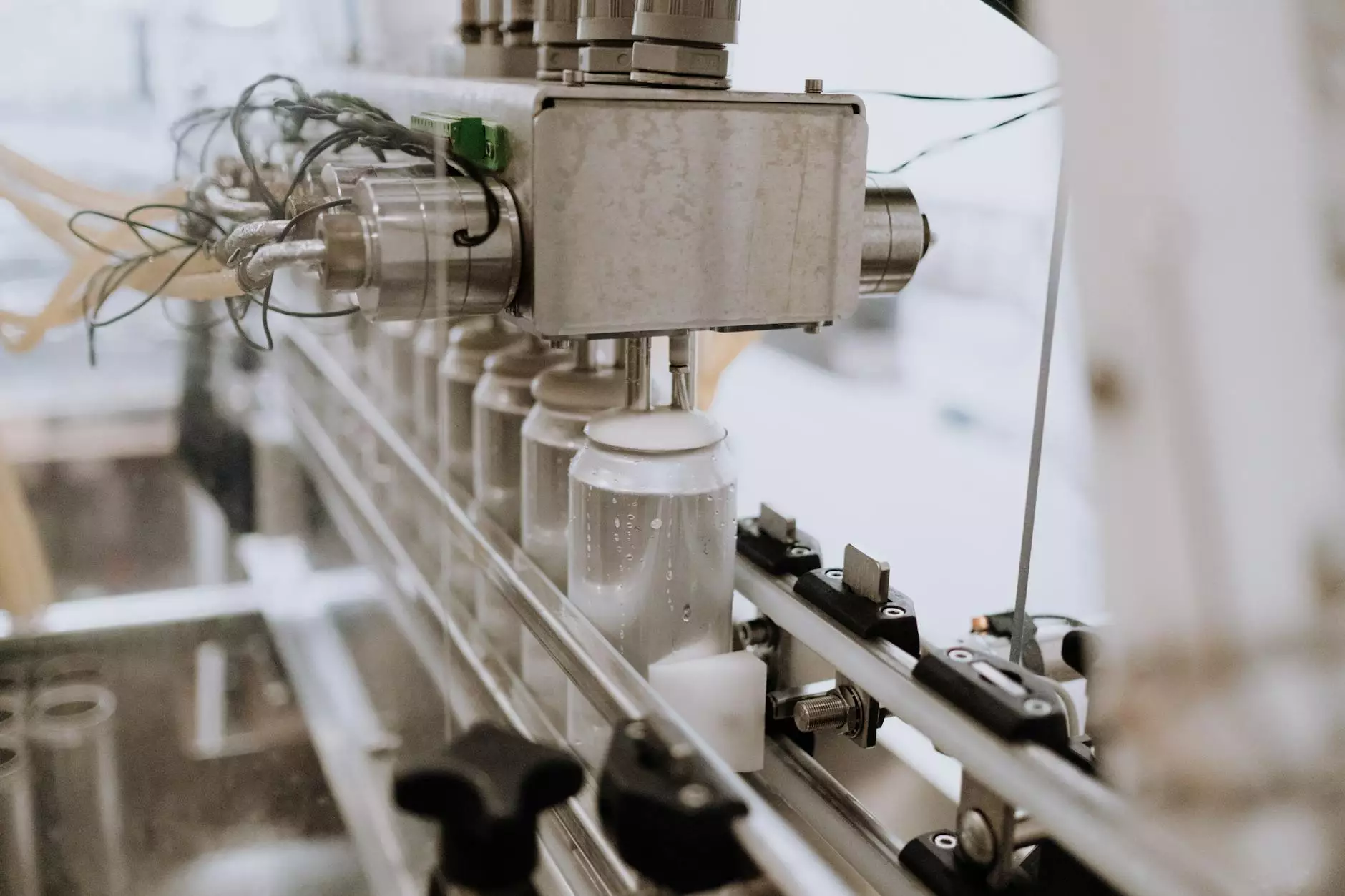The Essential Guide to Gearbox Converters in the Automotive Industry

In the ever-evolving world of the automotive industry, understanding the intricacies of various components is crucial for both enthusiasts and professionals alike. One such pivotal component is the gearbox converter. This article delves into the significance, functionality, and advantages of gearbox converters in vehicles, providing a comprehensive overview for anyone interested in automotive mechanics.
What is a Gearbox Converter?
A gearbox converter, often referred to as a torque converter in automatic transmissions, is a vital component that facilitates the transfer of power from the engine to the wheels. It plays a significant role in maintaining the engine’s performance while providing smooth transitions between gears.
How Does a Gearbox Converter Work?
The operation of a gearbox converter can be broken down into several key stages:
- Fluid Coupling: The gearbox converter uses a special fluid to create a coupling between the engine and transmission, allowing the engine to continue running while the car is stationary.
- Torque Amplification: When the vehicle is in motion, the gearbox converter multiplies the engine's torque, enhancing acceleration and performance.
- Gear Engagement: As the vehicle accelerates, the gearbox converter automatically engages gears based on speed and throttle input, providing optimal performance.
Types of Gearbox Converters
There are primarily two types of gearbox converters commonly used in vehicles:
- Traditional Torque Converters: These utilize fluid dynamics to transmit power and provide a smooth, continuous drive.
- Lock-Up Torque Converters: These converters offer a direct drive connection to reduce slip and improve fuel efficiency when cruising at high speeds.
Benefits of Using a Gearbox Converter
Integrating a gearbox converter into your vehicle offers numerous benefits:
- Smooth Acceleration: Gearbox converters provide seamless transitions between gears, promoting a comfortable driving experience.
- Improved Fuel Efficiency: Modern gearbox converters, especially lock-up types, contribute to better fuel economy by reducing engine workload.
- Enhanced Performance: By effectively multiplying torque, gearbox converters help vehicles achieve optimal power delivery during acceleration.
- Adaptive Driving: These converters adjust to driving conditions, providing dynamic response to road situations, whether in city traffic or on highways.
Gearbox Converters: A Detailed Look at Their Construction
The construction of a gearbox converter consists of several key parts:
- Impeller and Turbine: The impeller is connected to the engine, while the turbine is linked to the transmission. The interaction between these components is crucial for torque multiplication.
- Stator: The stator redirects fluid from the turbine back to the impeller, enhancing efficiency by increasing the torque generated.
- Transmission Fluid: Special fluid is essential for functioning as it not only lubricates components but also facilitates the transfer of energy between the impeller and turbine.
Common Issues Associated with Gearbox Converters
Like any mechanical component, gearbox converters can face issues that may affect their performance:
- Slipping: When the converter fails to properly engage, it can cause a noticeable drop in acceleration.
- Fluid Leaks: A common issue that can result from worn seals or excessive wear in the converter assembly.
- Overheating: Insufficient fluid or a malfunctioning cooling system can lead to overheating, affecting the overall performance.
Maintaining Your Gearbox Converter
To ensure your gearbox converter remains in optimal condition, consider these maintenance tips:
- Regular Fluid Changes: Change the transmission fluid at regular intervals to prevent contamination and maintain performance.
- Scheduled Inspections: Have a qualified technician regularly inspect the gearbox converter to detect early signs of wear and tear.
- Keep an Eye on Performance: Monitor how your vehicle accelerates and responds to throttle input, reporting any inconsistencies to a professional.
Conclusion
In summary, the gearbox converter is a critical component that enhances the performance and efficiency of modern vehicles. Understanding its workings, benefits, and maintenance can empower automotive enthusiasts and drivers alike to take better care of their vehicles. By ensuring proper maintenance and timely service, one can prolong the life of this essential part, ultimately leading to a smoother and more efficient driving experience.
For those looking to acquire high-quality gearbox converters, visiting shenghaiautoparts.com can provide a wealth of options and reliable products that fit your automotive needs.
Final Thoughts
Choosing the right components for your vehicle can be the difference between a good driving experience and a great one. The gearbox converter is not just a necessity; it is a piece of technology that enhances the very essence of driving. By staying informed and making educated choices, you can unlock the full potential of your vehicle's performance.









